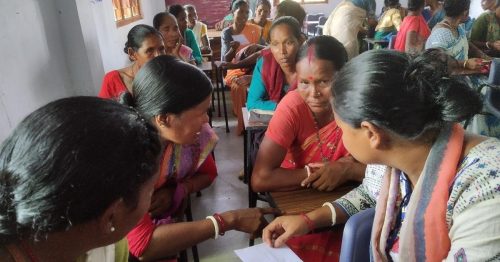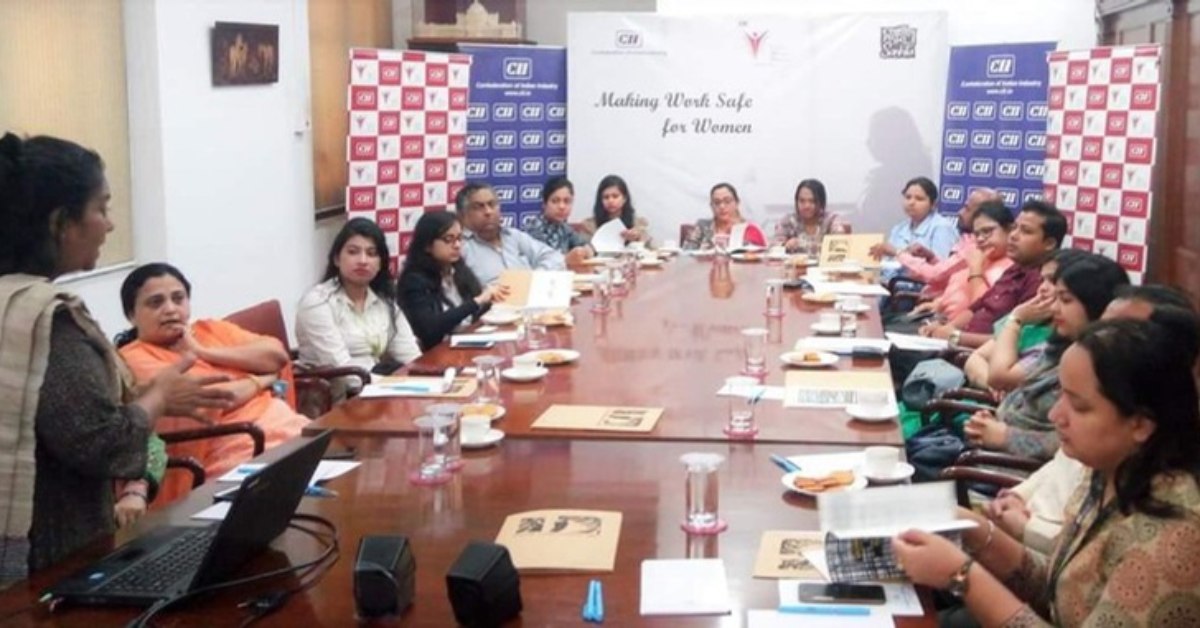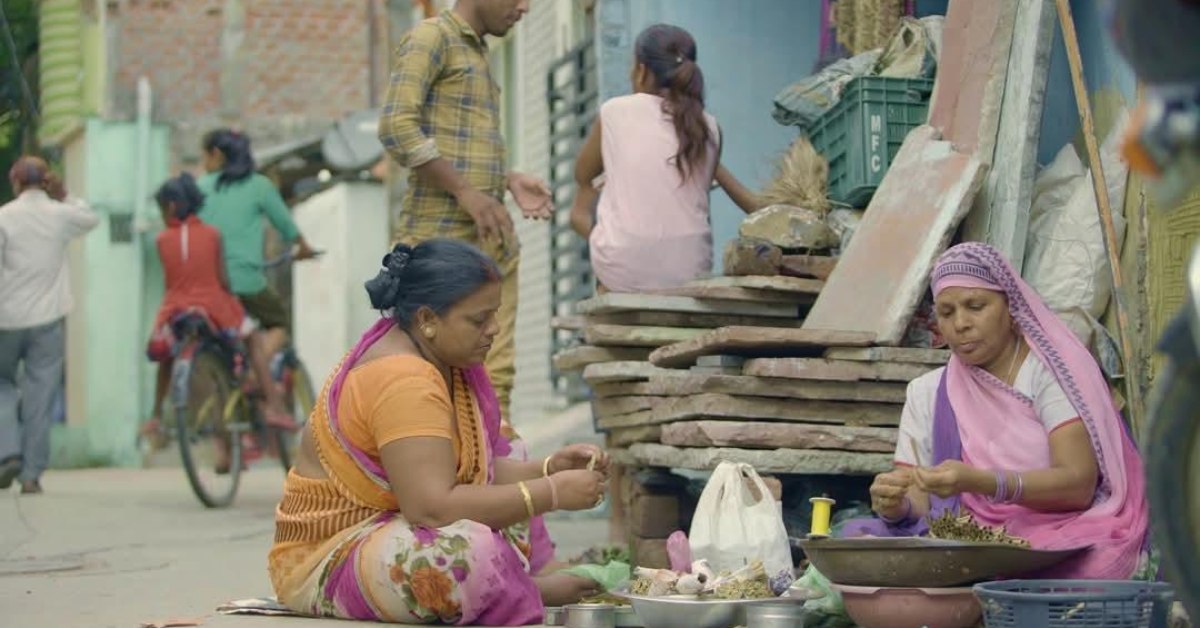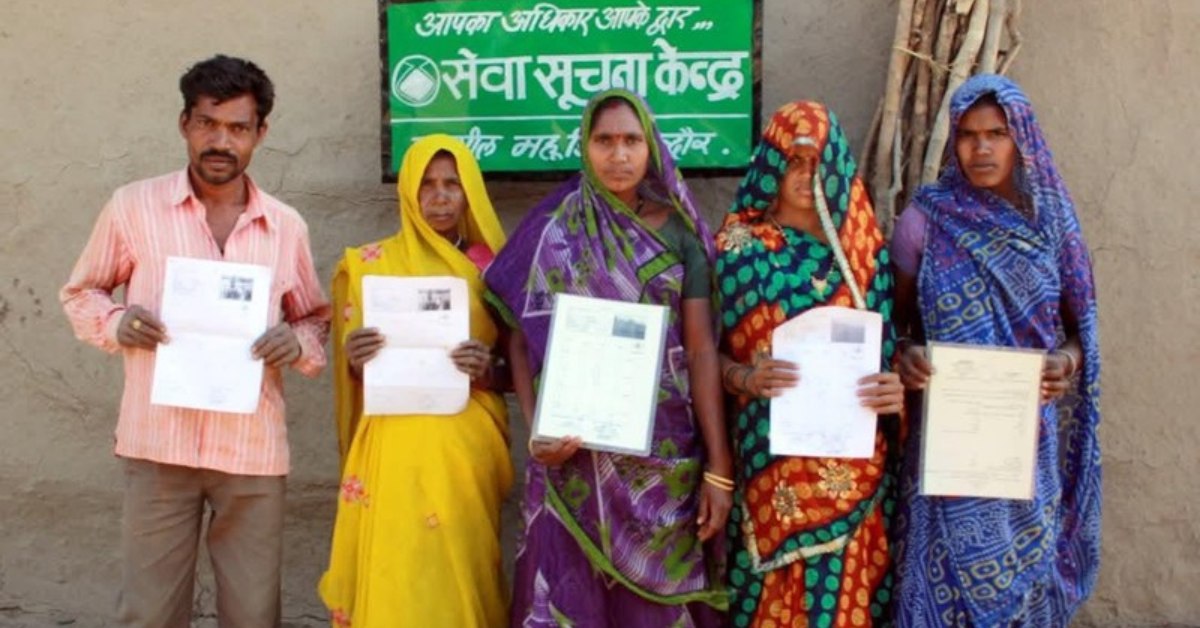From Tea Gardens To Fishing Nets to Beedi Units: How Informal Workers Across India Are Asserting Their Rights
In North Bengal, women work long hours in tea gardens, striving to feed entire families on meagre wages. Yet, their labour often comes at the cost of enduring unsafe and exploitative working conditions. In the coastal stretches of Tamil Nadu, fisherfolk journey far into the sea, braving risks for a day’s catch, even as they grapple with reduced access to traditional fishing grounds and limited participation in resource management decisions.
In Madhya Pradesh, women roll thousands of beedis (leaf-rolled cigarettes) at home, earning low wages, working in hazardous conditions, and often lacking access to basic protections.
Across regions and sectors, women workers share a common reality: being part of India’s vast informal economy. However, their roles come with gendered challenges, compounded by unsafe working conditions, lack of job security, exploitative wages, and systemic neglect. Women in these sectors are often disproportionately affected, enduring not just economic hardship but a lack of safety and dignity in their workplaces.
India’s employment in 2017-2018 is estimated to be 461.52 million (according to the 2017-18 Periodic Labour Force Survey). The informal economy encompasses jobs, enterprises, and workers that exist outside state regulation or protection. These roles rarely offer fixed wages, job security, or benefits. Workers here navigate a world without contracts, safety nets, or social protections.
While informal work doesn’t always equate to poverty, it often comes perilously close. And once a family slips below the poverty line, climbing back is an uphill battle.
Grassroots organisations are stepping in to bridge this gap, offering informal workers much-needed protection, voice, and measures to enable greater economic resilience, collective agency, and access to opportunities that can help them build more secure futures.
This article explores how three select grassroots organisations are addressing the unique challenges faced by informal workers across India and how they are driving transformative change from the ground up.
Jute mill and tea garden workers of West Bengal: securing safe and equitable workplaces
In West Bengal’s tea gardens and jute mills, sexual harassment remains a deeply underreported and poorly understood issue. With the jute mills employing approximately 25,000 women (a number on the rise) and tea plantations historically providing livelihood for about 2,00,000 women workers, these sectors are critical to the state’s economy.
However, both industries lack comprehensive information on the safety of women workers, especially concerning sexual harassment. For many women, these acts are not even identified as violations. They have become part of the everyday.
To address this critical gap and advocate for safer workplaces, ‘Sanhita’, a Kolkata-based gender resource centre, undertook situation analysis studies in both the jute and tea sectors during 2019 and 2022, respectively. These studies aimed to delve into the safety of women workers, specifically focusing on sexual harassment at work.
They examined the prevalence and perceptions of sexual harassment, the accountability of key stakeholders in ensuring safe workplaces, and the implementation status of the Sexual Harassment of Women at Workplace (Prevention, Prohibition and Redressal) Act, 2013.
Key findings from both studies reveal a startling lack of awareness among all major respondents regarding safe workplaces, sexual harassment, and the provisions of the 2013 Act. Compliance with the Act was found to be minimal, and the issue of safe workplaces in the context of sexual harassment was not considered a fundamental aspect of working conditions or a labour issue for women workers.
 Orientation on sexual harassment of women at the workplace for tea garden workers
Orientation on sexual harassment of women at the workplace for tea garden workers
To address this gap, Sanhita adopted a trauma-informed, survivor-centred approach to initiate the first intervention of its kind in these sectors. Through long-term community engagement and the creation of safe, non-judgmental spaces, women began naming their experiences, many for the first time. These conversations were facilitated with care, centring healing, trust, and the lived realities of the women involved.
 Consultation in collaboration with CII
Consultation in collaboration with CII
To scale up the efforts, Sanhita identified grassroots women leaders (called champions) from the workers group, who are now mobilising others, building awareness, and advocating for safer workplaces.
Alongside this, Sanhita works with trade unions, Employers’ Associations and the Labour Department to improve institutional accountability. As a result of Sanhita’s continuous engagement with trade unions in the jute industry, both central and mill-based, over the past five years, Sexual Harassment of Women at Workplace related demands were included in the Charter of Demands of Jute Mill Workers during 2022 for the first time in the history of trade unions.
Through persistent dialogue and engagement with various stakeholders, Sanhita successfully addressed systemic gender discrimination, leading to a revision of the retirement age for women jute mill workers from 55 to 58 years, equal to that of their male peers.
Yet despite these advances, the issue remains largely absent from funding priorities. Safe workplaces in the informal sector and margins of the formal sector are often overlooked in philanthropic agendas.
Efforts like Sanhita’s reveal the urgent need to invest in community-driven strategies that build both voice and systems. These initiatives not only protect women workers but also challenge the structural conditions that have kept them silent for too long. Dignity and safety at work are not a luxury, they are rather fundamental.
Fisherfolk of Thiruvarur district, Tamil Nadu: defending traditional rights and livelihoods
Thiruvarur district in Tamil Nadu, with its 47.2 km coastline along the Palk Strait, is home to the traditional fishers of the Muthupet Lagoon. For generations, these communities have depended on the lagoon’s resources, practising sustainable fishing methods that have been passed down through the years.
However, in recent years, these fishers have faced increasing challenges in retaining their customary rights over the lagoon’s resources, including access to fishing grounds and involvement in resource management and decision-making processes. While environmental regulations, such as the CRZ 2019, play a vital role in conservation, they often overlook the knowledge and needs of local communities.
This gap has led to economic hardship, depletion of marine resources due to unsustainable practices, and the erosion of traditional governance systems that have historically helped preserve the lagoon’s ecological balance.
This situation highlights the need for policies that integrate both environmental protection and the livelihoods of local communities. By combining modern conservation efforts with the indigenous knowledge that has long contributed to the lagoon’s sustainability, both the fishers’ future and the health of the lagoon can be protected.
Grassroots organisations like ‘Legal Aid to Women Trust (Law Trust)’ are stepping in to address these challenges. Through capacity building, legal training, and collective advocacy, Law Trust amplifies the voices of the fisherfolk. Their work has led to the creation of the Coastal Action Network, a state-level forum of community-based organisations, civil society organisations, academicians, scientists, advocates, and researchers.
By empowering community leaders and advancing rights-based solutions, Law Trust is demonstrating the critical role of local organisations in safeguarding the rights of informal sector workers. These efforts ensure that those most affected by these issues are not just heard but are leading the charge for change, creating a future where both people and ecosystems can thrive.
 Beedi workers in Madhya Pradesh
Beedi workers in Madhya Pradesh
According to a report, across India, about 71 percent of beedi workers are women, with nearly 96 percent working from home-based units rather than registered factories. Invisible to formal employers and heavily reliant on middlemen, they endure economic insecurity, hazardous working conditions, and systemic neglect.
In Madhya Pradesh, the situation mirrors national trends. Women beedi rollers earn less than half of what men do, Rs 126 compared to Rs 266 per day, falling well below the national minimum wage threshold of Rs 178. Their income accounts for only 24 percent of household expenses, highlighting the entrenched gender and economic disparities. Lack of formal recognition not only undermines their earnings but also cuts them off from basic social security protections and dignified work conditions.
Policy gaps have further exacerbated their vulnerability. The repeal of the Beedi Workers Welfare Fund Act, 1976, in 2019 led to the discontinuation of key welfare measures such as scholarships for workers’ children and access to free healthcare despite the well-documented health risks associated with beedi work, including skin ailments and the absence of basic infrastructure like toilets. This has left many workers without state benefits that once served as a crucial safety net.
In response, ‘Mahila Shram Sewa Nyas (MSSN)’ has stepped in with a community-driven model rooted in policy advocacy and empowerment. Working across seven districts in Madhya Pradesh, MSSN supports women informal workers through livelihood trainings, cooperative credit societies, leadership development, and legal aid. They also work with local governments to restore and strengthen welfare provisions, ensuring that women workers’ voices are represented in policy spaces.
Community structures like Seva Samitis and Nigrani Samitis further deepen this impact by enabling collective action, improving access to essential services like drainage and electricity, and sustaining pressure for systemic change.
 Through MSSN’s interventions, over 2,000 women have been positively impacted
Through MSSN’s interventions, over 2,000 women have been positively impacted
Through MSSN’s interventions, over 2,000 women workers have been collectivised, over 500 have been trained in alternative livelihoods, and policy dialogues have been initiated at local and state levels. This data-driven, community-led model highlights the vital role of grassroots organisations in transforming informal economies into spaces of dignity, security, and opportunity.
Building a future of dignity and security
Around the world, there are efforts by philanthropies, governments, grassroots organisations and worker unions to improve conditions for informal workers. Grassroots organisations bring a unique value to the table, as their deep understanding of local realities and strong, trust-based relationships with communities position them to drive meaningful change. By giving informal workers a platform to raise their voices and demand their rights, these organisations are turning the tide against the deeply entrenched systems of exploitation.
Through their tireless work, these organisations are not just addressing the symptoms of inequality, they are dismantling the structural barriers that have kept millions in a cycle of poverty and oppression. Their work is a call to action for us all. It is a call to invest in grassroots organisations, to support local leadership, and to prioritise the needs of those who have long been left behind.
At Rebuild India Fund, we believe in the transformative power of grassroots organisations. We are committed to supporting 500 grassroots organisations across India. Join us in breaking the cycle of vulnerability for millions of informal workers. Together, we can build a future of dignity, safety, and security for all.
The stories of beedi workers, fisherfolk, domestic workers, and tea garden labourers shared here reflect the everyday courage of informal workers and the transformative power of grassroots organisations. Rebuild India Fund is committed to supporting over 500 such grassroots organisations across India.
To learn more about grassroots organisations from India and how you can support a future where every worker counts, visit https://rebuildindiafund.org/en/.
The article is written by Soma Sengupta (Sanhita), A Gandimathi (Legal Aid to Women Trust) and Kavita (Mahila Shram Sewa Nyas).
This article is sponsored by Dasra.
Edited by Khushi Arora
News